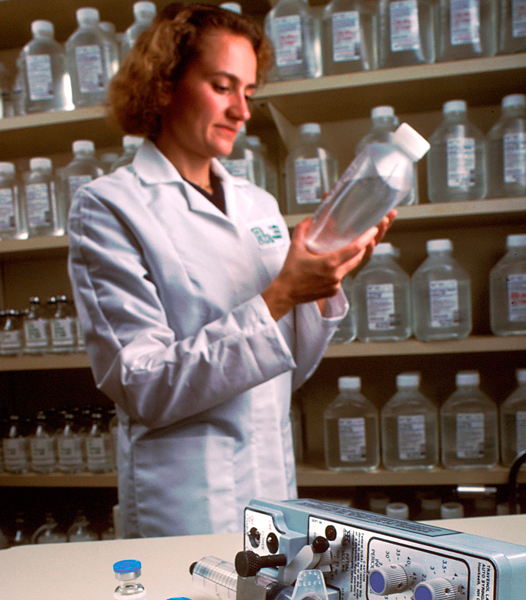The province’s pharmacists are using National Non-Smoking Week to remind residents about new prescribing powers awarded to pharmacies late last year.
Pharmacists in Saskatchewan gained the ability to prescribe smoking cessation aids on Dec. 6 of last year. This means residents don’t necessarily have to go to a doctor for help quitting smoking.
According to the Pharmacy Association of Saskatchewan (PAS), about 152,000 Saskatchewan residents smoke cigarettes, and others may use pipes, cigars or chewing tobacco. Saskatchewan has the third-highest tobacco rates among Canadian provinces, down from numbers that once led the country.
December’s change means that in addition to offering counselling on tips or techniques for quitting smoking, the province’s pharmacists can also prescribe medications such as Champix or bupropion, which can help reduce cravings and other withdrawal effects. Pharmacists can also offer guidance with over-the-counter nicotine replacement therapy such as nicotine patches.
“It’s another tool that we can use to help patients,” said PAS acting director of practice Kristjana Gudmundson.
“We want to make sure that everybody is aware of the different services that we can offer. Smoking cessation is the newest one. (People) can go and talk to their pharmacist to go through it and see what their history is, what different things are contributing to their smoking and then they can work together and see which products would be best for the patient.”
Products such as prescription medications or over-the-counter help can be combined with counselling sessions.
“They don’t have to be started at the same time, Gudmundson said.
“It gives the patient many more options to help them with their goal.”
According to a PAS fact sheet, the health benefits of quitting tobacco use begin immediately with reduced blood pressure and improved blood oxygen within two days of quitting. A year after quitting, the excess risk of coronary artery disease drops by half, 15 years following quitting it reaches the same risk as those who have never smoked. With 10 years of continuous abstinence, former smokers can attain a lung cancer risk 30 to 50 per cent of the risk of smokers.
While some might be more comfortable talking to their doctor about ways to quit, for others, it might be their pharmacist.
“The biggest advice I would give a person that is even just contemplating (quitting) is going and touching base with the pharmacist and talking to them to see what the options are, and what kind of resources they have at their fingertips,” Gudmonson said.


